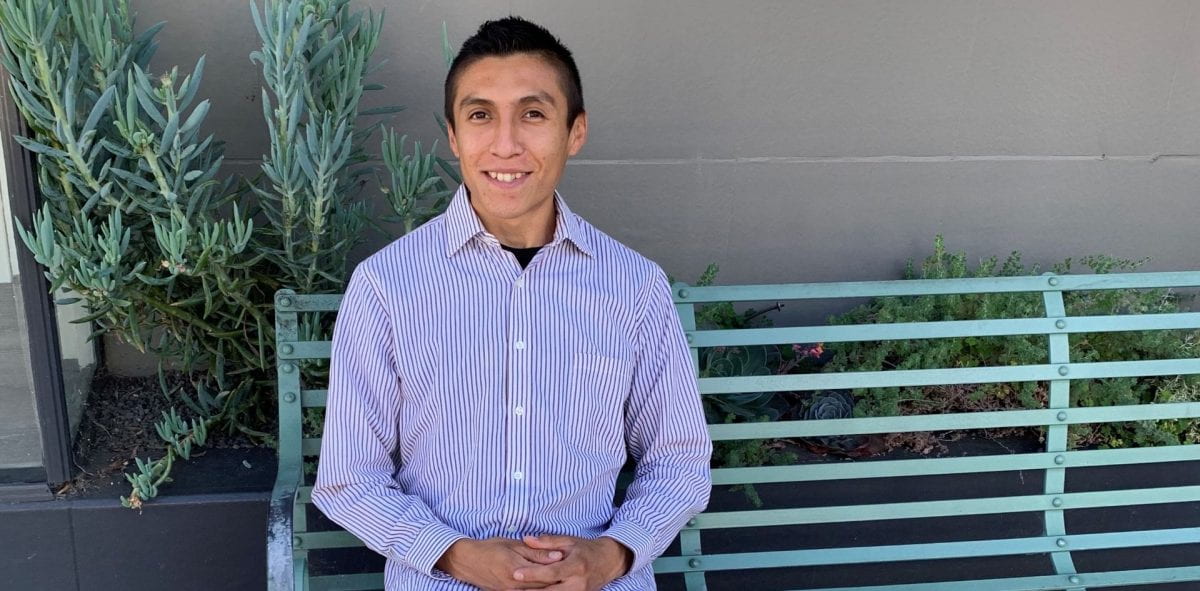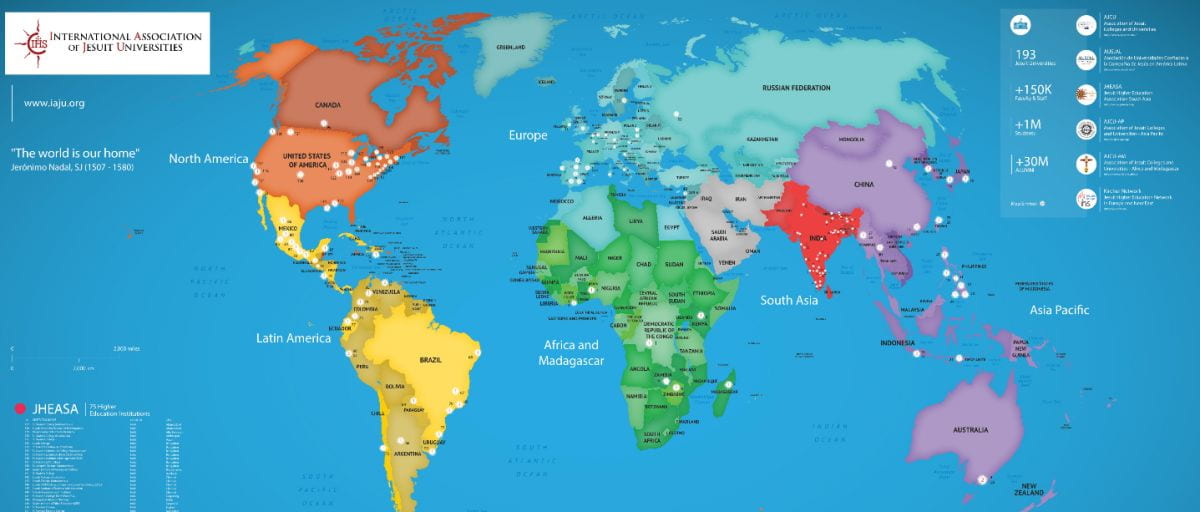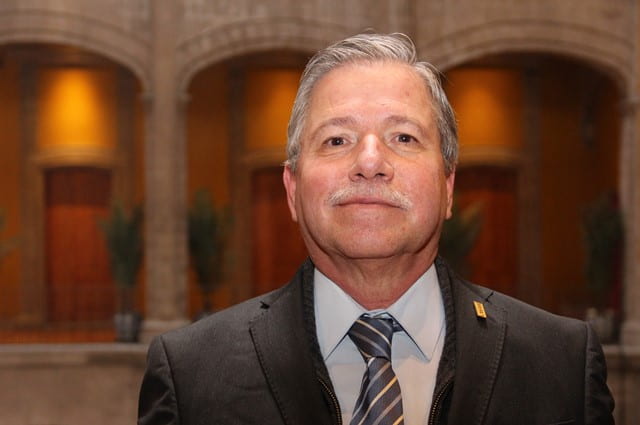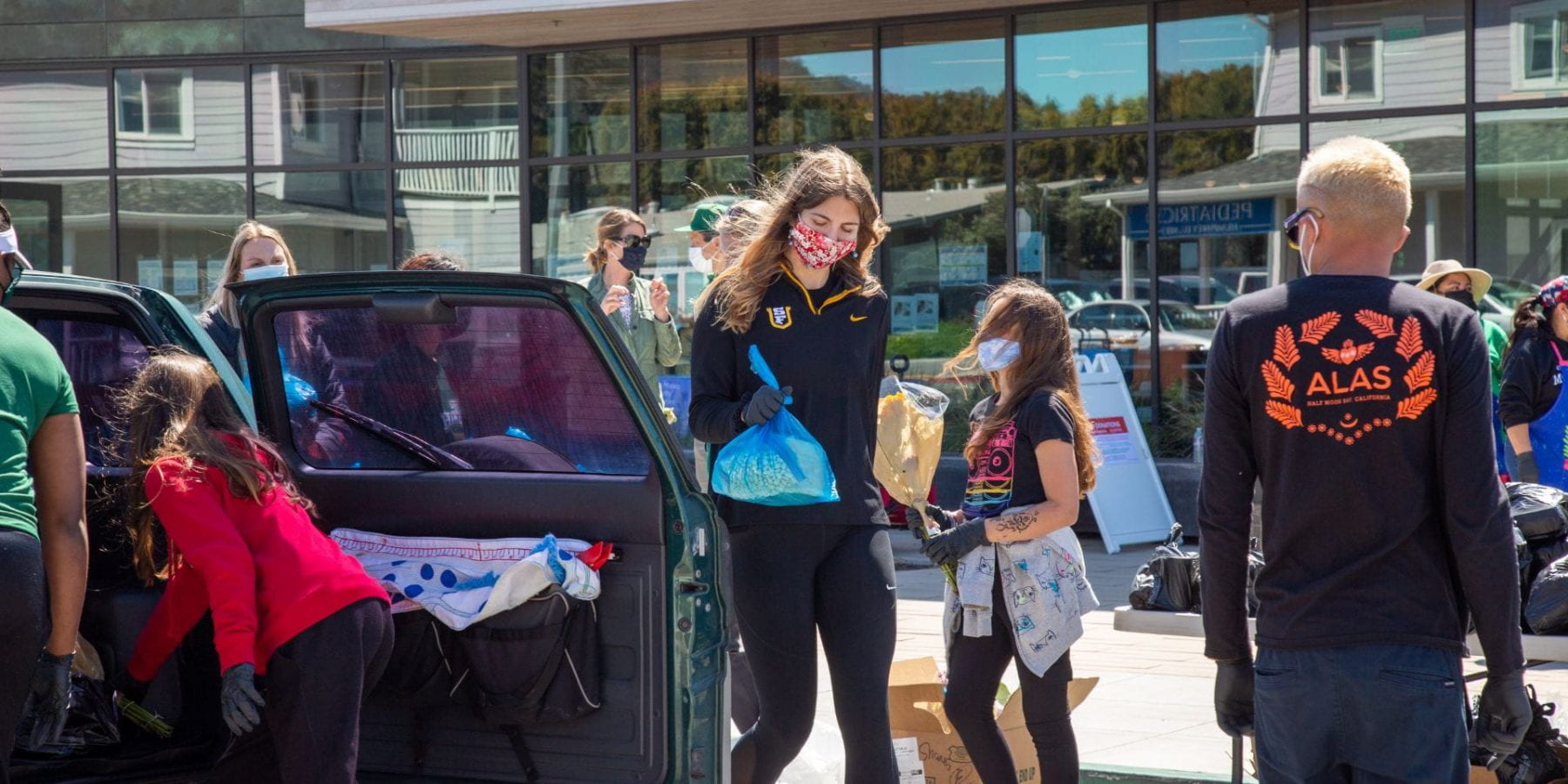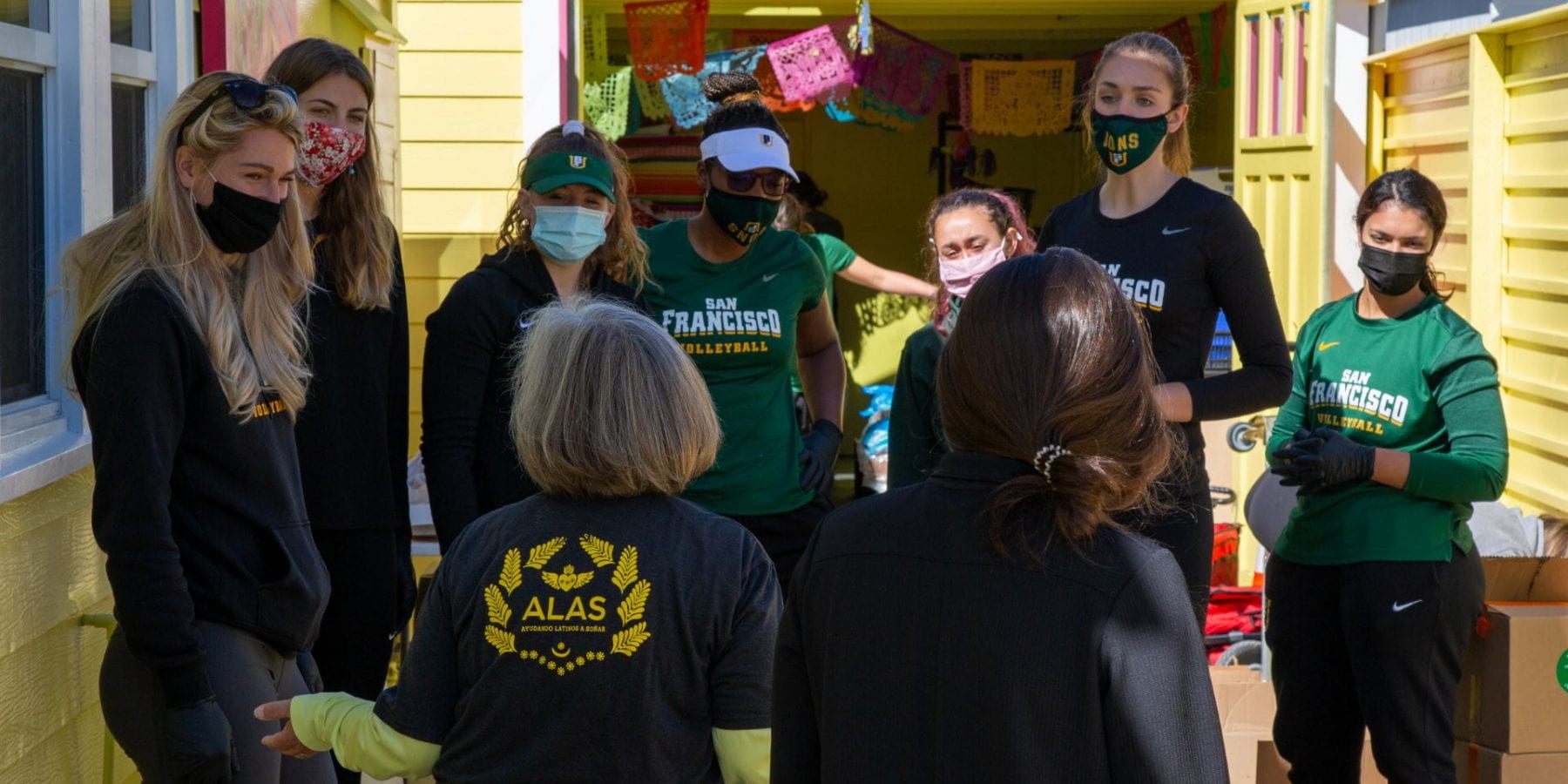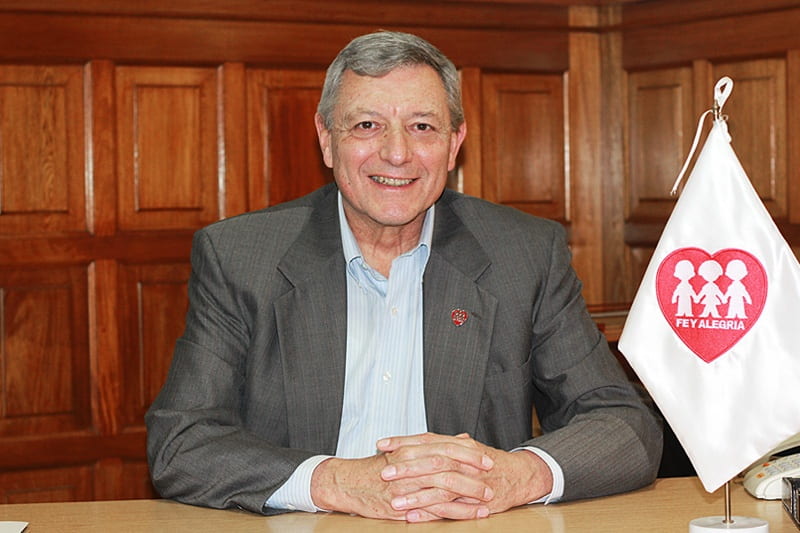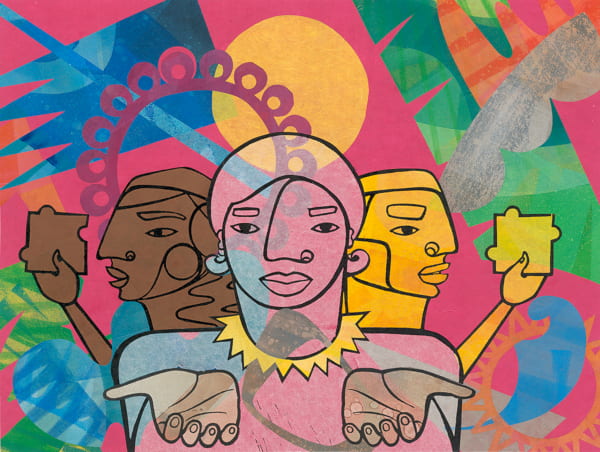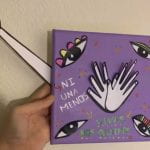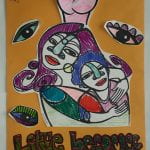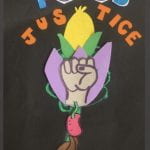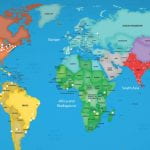by Kevin Tellez Ramos
The Jesuit Catholic institution once funded archaeological sites in the search for fossilized evidence of our ancestors in the chain of evolution. This was once controversial as the teaching of Adam and Eve shares with us the story of our creation in the image of God. In the present day, our society itself continues to evolve so that it may be possible to accept the ironic position that the institution of international Catholic education may act as a landlord or as a nonprofit developer of housing to adapt to the crisis of affordability. We can accept the role of land stewardship through the support of community land trust (CLT) models.
We must advocate for justice in the housing and land development sector to preserve affordability for generations, and to stabilize families with a need for housing as a resource for economic stability. Beneficiaries of CLT models are less likely to speculate on land and housing as a resource to build wealth. Generations of the public have not had the advantage of living near their place of work or having the community stability to share culture, to build traditions, or to enhance their skills through a fulfilling education. Land speculation is exemplified by the divide in rental housing apartments or single-family developments in our urban centers. As we brace for the impact of mass evictions through the recovery of the economic fallout from the pandemic, housing will be a form of advocacy for the disadvantaged. Advocacy for basic needs and for dignified housing as a human right is a civic responsibility for Jesuit institutions. We can demonstrate leadership in this regard through support for CLT models.
Community Land Trusts fulfill the need for housing at a cost more affordable than the market rate, a benefit that can be a catalyzer for the careers of students of international Catholic educational institutions. Cooperative housing linked with CLT organizations can be an ideal combination and a permanent solution to the crisis of affordability in our growing urban centers. Those that accept our Ignatian mission are themselves advocates for the poor and disadvantaged. The most ideal way to advocate for society is to allow for community participation in the development of land for permanently affordable housing.
Community organizations are using these models of community-ownership internationally as stewards of the land for ecological restoration, sustainable agriculture, and local economic development. The Sea-salt Housing Cooperative in Brighton has successfully signed a lease for the property that is collectively managed for student housing. This provides affordable and stable rents for those seeking an education to gain access to a better career. Many of these organizations serve as community development advocates, organizing to revitalize underserved communities and work to maintain affordability for future residents, often family members who may inherit the property. We should accept that our land and housing are not meant to be sold for profit. We should participate as advocates for community-owned land and localized development. Through this model, land is held in trust by the CLT, which can also be affiliated with our Jesuit institutions.
Through the graduate program in Urban and Public Affairs at the University of San Francisco, I worked as a student-intern with CommonSpace Community Land Trust based in Sonoma County. Our communication with the public was meant to share messaging for multi-generational cottage communities which would form more density for a homeowner that would be donating part of their land or donating their entire property to be held in trust by the CLT. This can be a solution for the housing crisis, a solution to poverty, and a solution for division in our communities. Housing with the community is the first step to providing stability for the disadvantaged. Catholic Charities across the States are the most trusted organizations serving large populations of the impoverished and disadvantaged.
Our educational institutions can lead us to pay it forward with our investments and philanthropic donations into permanent affordable housing. We build relationships with the community each day as we spend more time with each other. The hope of social justice is that accept each other and share rich interpersonal communication so that civic life can thrive. We do this in our educational institutions, and we should continue to build and strengthen ties to the common good through permanent community ownership of land held in trust.
Kevin Tellez Ramos (he/him/el) is the VP of Mission of Associated Graduate Students of USF (AGSUSF). He is currently pursuing his Master’s in Urban and Public Affairs.

